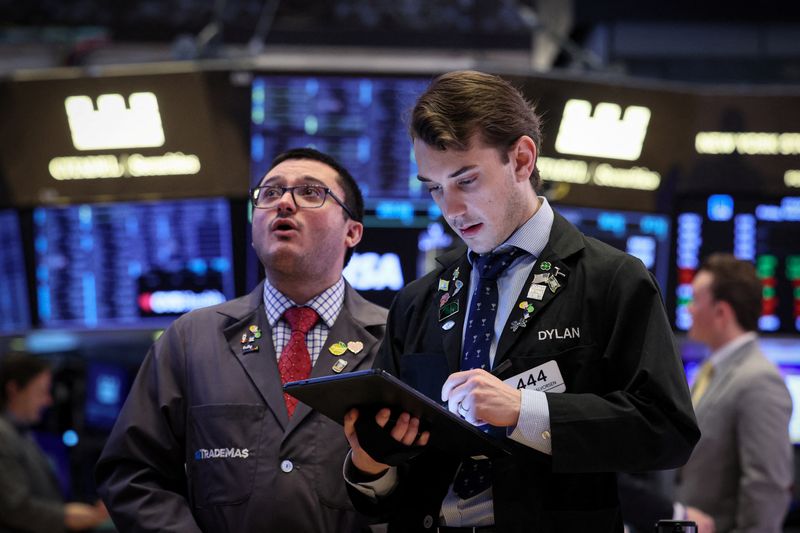Investing.com -- Market volatility is rising as the US election draws closer, showing similarities to past election cycles, according to Evercore strategists.
In a recent note, the investment bank highlights that the VIX volatility index has “shifted higher as the race kicked into high gear," reflecting investor nervousness.
With just over three weeks to go until the election, Evercore describes the race between Vice President Harris and former President Trump as "neck and neck."
The firm’s strategists note that Trump has closed the gap that emerged after the September debate with Harris and even taken a small lead in the PredictIt betting market.
“Statistically, anything can happen. Anything; many things,” Evercore says.
Historically, elections have spurred market volatility, particularly in 2016 and 2020, when the VIX saw notable spikes ahead of voting. The possibility of a contested election result, like in 2000, adds another layer of uncertainty this year.
Strategists said that “the most near-term market-positive scenario is 'Trump + Divided' government, a result unlikely to be contested and benefiting from gridlock." On the other hand, "Harris + Divided" is considered the least market-positive near-term scenario, as it could lead to a contested result and trigger further volatility.
“The probability weighted S&P 500 (SPX) level is 6,070.31, consistent with EVR ISI’s year end price target of 6,000 – this does not preclude pre-Election volatility (2016 and 2020) nor the potential for a year-end “Meltup”,” the note states.
Another outcome of the 2024 election dynamics is the significant possibility that the winner may not be known on election night, or even in the days following.
Evercore points out that Justin Grimmer, Stanford Professor of Political Science mentioned in a webinar that the winner could be determined within a week of the vote. However, “there is a distinctly non-zero chance that the result could remain unclear or be more heavily “contested”,” strategists said.
If the results are delayed or heavily challenged, it could affect the stock market, which is already experiencing increased volatility leading up to the election. This uncertainty also impacts the broader economy, where record-high Small Business Uncertainty is waiting for post-election clarity to move forward with confident planning.
In the current environment, strategists favor overweighting sectors like Information Technology, Communication Services, and Small Caps, particularly within Software and Biotech subsectors. These high-beta themes can be balanced with defensive plays in Consumer Staples and Health Care, strategists suggest.
